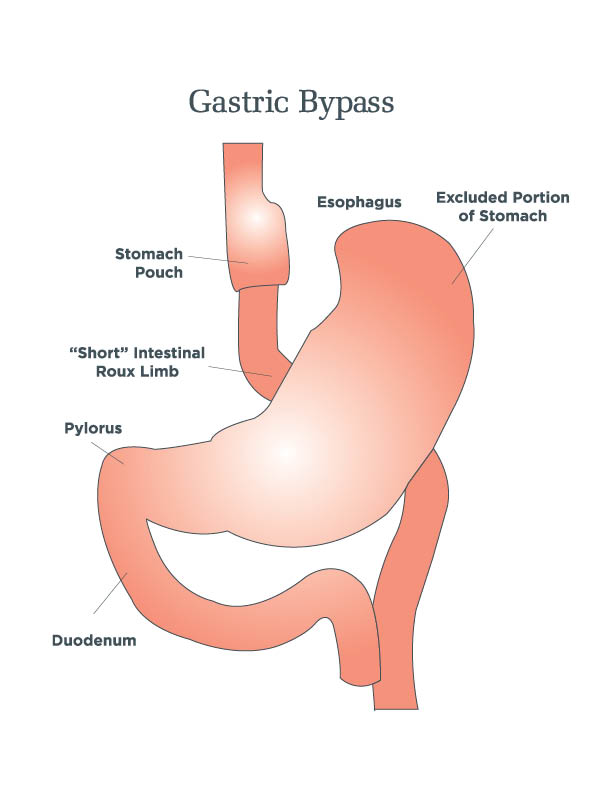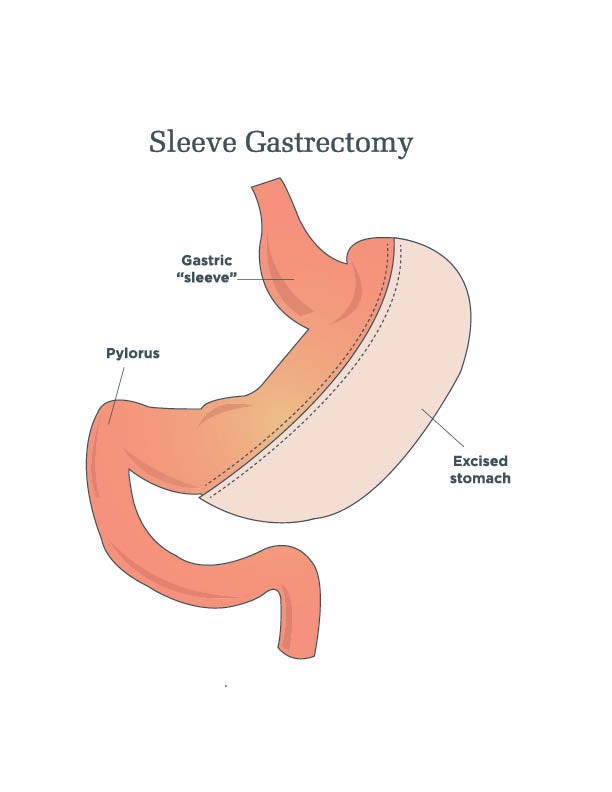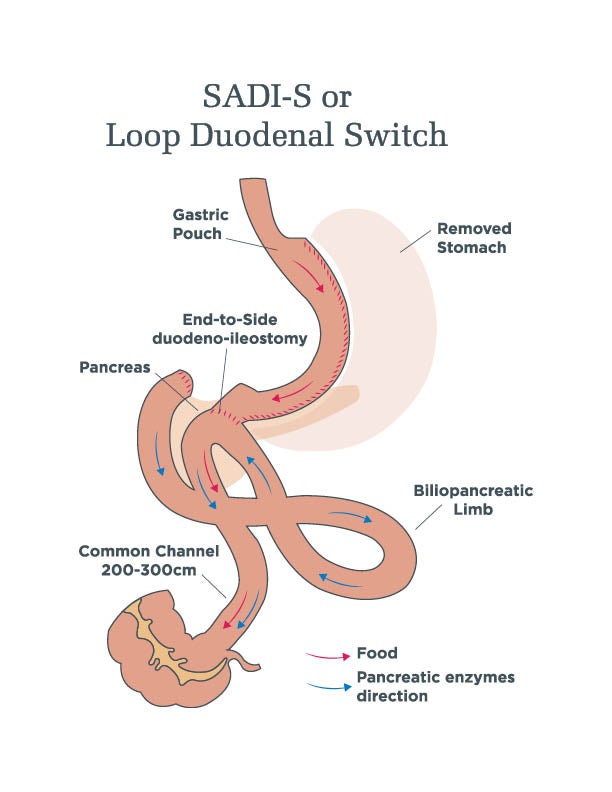Weight-loss surgery, also called bariatric surgery, is the treatment option today that may help treat obesity in people when diet, exercise and medication have failed. In addition to treating obesity, these surgeries are effective in treating diabetes, high blood pressure, sleep apnea and high cholesterol, among many other diseases. These operations can also prevent future health problems. The benefits allow patients with obesity who undergo treatment to enjoy a better quality of life and a longer lifespan.
Bariatric surgery is typically recommended for adults with a body mass index (BMI) of 40 or greater. If you have other serious health conditions, such as diabetes or heart disease, bariatric surgery may be beneficial if your BMI is between 35 and 40.
Bailey Bariatrics offers a variety of approaches to bariatric surgery, but all procedures either change the way the digestive system works, or physically reduce the size of the stomach so it holds less food. Some procedures are a combination of both practices.
Gastric bypass (Roux-en-Y)

The Roux-en-Y gastric bypass, often called the "gastric bypass," has been performed for more than 50 years and the laparoscopic approach has been redefined since 1993. It is one of the most common operations and is very effective in treating obesity and obesity related diseases. The name is a French term meaning "in the form of a Y."
Laparoscopic Sleeve Gastrectomy

The laparoscopic sleeve gastrectomy, often called the "sleeve," is performed by removing approximately 80% of the stomach. The remaining stomach is the size and shape of a banana.
Single Anastomosis Duodenal-Ileal Bypass with Sleeve Gastrectomy (SADI-S)

The SADI-S operation starts the same way as the sleeve gastrectomy, making a smaller tube-shaped stomach.
